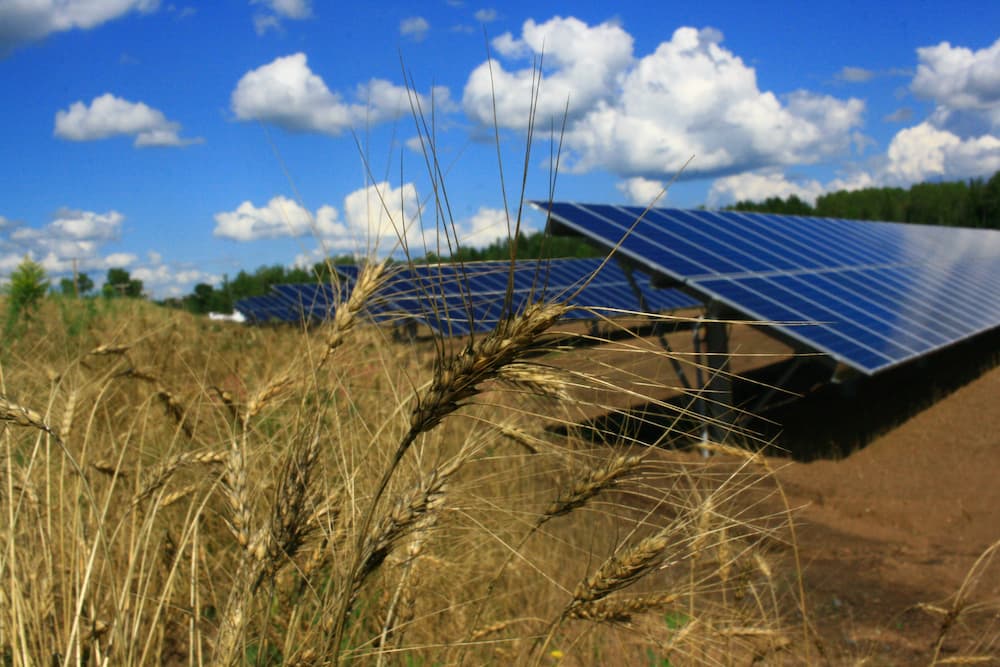
- Details
- By Tribal Business News Staff
- Energy | Environment
Investors face mounting financial and reputational risks when they fail to properly engage with Indigenous communities on energy transition projects — particularly mining and renewable projects that overlap Indigenous territories, according to a new report released Monday.
The 112-page guide, titled “Sustainable Indigenous Finance: Navigating the Energy Transition,” offers a framework for integrating Indigenous rights and perspectives into global investment strategies. Produced by US SIF: The Sustainable Investment Forum in partnership with First Peoples Worldwide and ImpactARC, the report argues that Indigenous inclusion is not just ethical, but a material factor in managing risk and creating long-term value.
The guide outlines a three-tier “de-risking” framework for investors to strengthen due diligence, governance and risk assessment while working on projects that intersect with tribal communities. It provides practical tools, case studies and checklists to help fiduciaries, asset managers and analysts integrate Indigenous considerations into investment processes.
The stakes are high: investors who fail to engage Indigenous peoples risk up to $30 million per week in project delays, while proactive engagement can drive shared value through equitable partnerships, community trust and more resilient supply chains, according to the report.
“Ignoring risks related to Indigenous peoples is a missed opportunity to protect and create long-term value,” Sustainable Investment Forum CEO Maria Lettini said in a statement provided to Tribal Business News. “By viewing Indigenous priorities not as an inconvenience but as a critical and material investment factor, this guide helps unlock de-risked private capital, drive net-zero infrastructure, and uphold our collective responsibilities for natural resource protection.”
According to research cited in the report, more than half of global energy projects are on or near Indigenous territories, including 85% of lithium and 75% of manganese deposits.
US SIF also announced the formation of its first Indigenous Advisory Council, composed of Native leaders in banking, law and agriculture, to ensure the organization’s initiatives reflect Indigenous perspectives. The publication marks the first step toward establishing a Sustainable Indigenous Finance Hub at US SIF.
